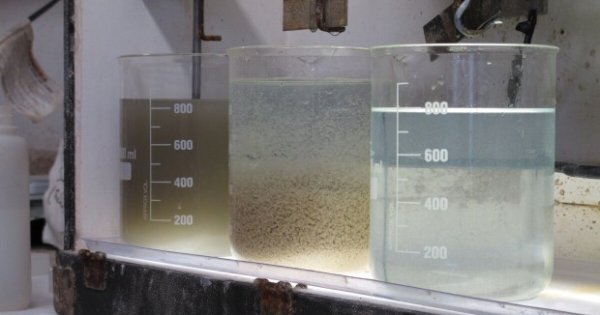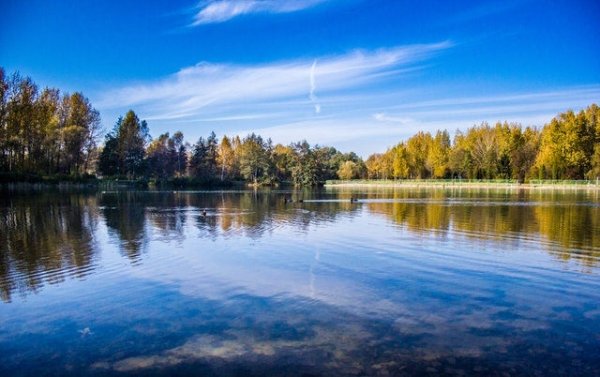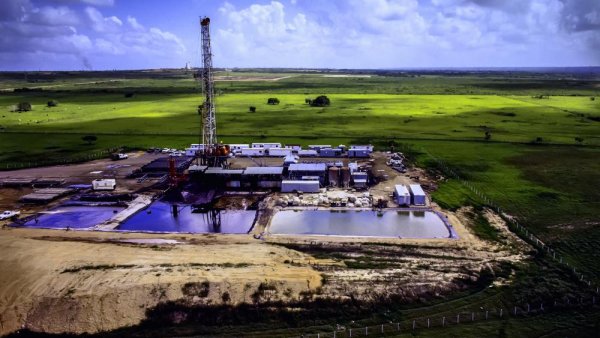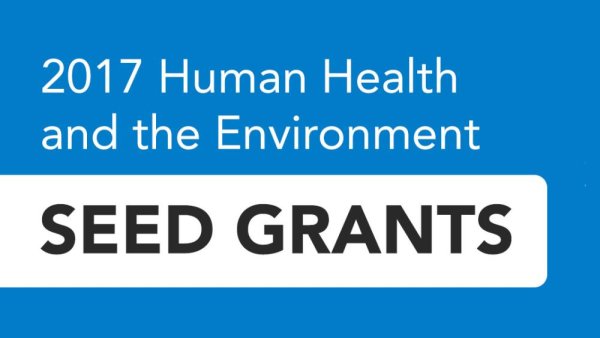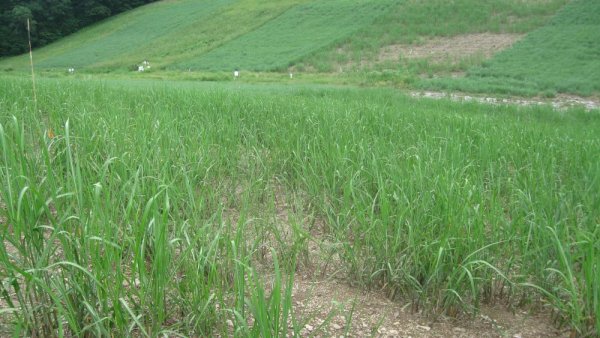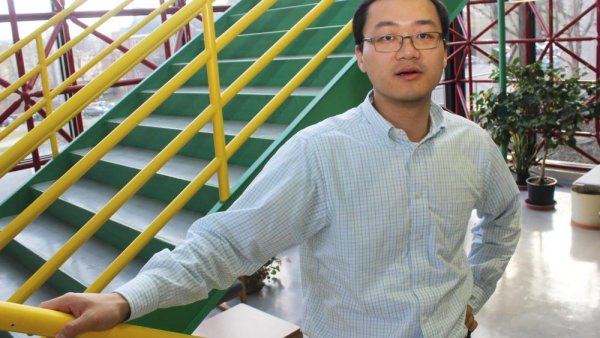Natural gas industry wastewater pollution may linger for years
| wesa.fm
A new study finds the treated wastewater from Pennsylvania’s natural gas industry may pollute rivers, lakes, streams and creeks for longer than previously…
Fracking pollution stays in waterways long after the fracking is done
| popsci.com
Dumping fracking water into rivers, lakes, and streams can cause lasting environmental damage, according to a recent study in the journal Environmental Science and Technology—even if you treat it first.
Rooftop concentrating photovoltaics win big over silicon in outdoor testing
| psu.edu
A concentrating photovoltaic system with embedded microtracking can produce over 50 percent more energy per day than standard silicon solar cells in a head-to-head competition, according to a team of engineers who field tested a prototype unit over two sunny days last fall.
Treated hydraulic fracturing wastewater may pollute area water sources for years
| psu.edu
Given Pennsylvania’s abundant natural resources, it’s no surprise that the Commonwealth has become a mecca for hydraulic fracturing. Researchers, however, have recently discovered that releasing millions of gallons of treated hydraulic fracturing wastewater each year into area surface waters may have longer-lasting effects than originally thought.
Recipients of 2017 Human Health and the Environment seed grants announced
| psu.edu
The Human Health and the Environment seed grants for 2017 have been awarded to a pool of interdisciplinary researchers at Penn State. These seed grants were funded by eight separate Penn State research entities and institutes, which collectively contributed more than $500,000. “We had an exceptional pool of proposals from faculty across the university,” Tom Richard, director of the Institutes of Energy and the Environment, said. “The projects address emerging contaminants well as legacy environmental problems that seriously impact human health.”
Office for General Education announces Integrative Studies Seed Grant awards
| psu.edu
The Integrative Studies Seed Grant Program, offered through the Penn State Office for General Education, will support 71 different course development projects this summer. In response to the large volume of highly qualified proposals, the budget was generously increased by more than 50 percent by the Office of the Provost and the Office of Undergraduate Education.
Where the rivers meet the sea
| psu.edu
Penn State researchers have created a new hybrid technology that produces unprecedented amounts of electrical power where seawater and freshwater combine at the coast.
Penn State aerospace awarded $1.7M from NASA University Leadership Initiative
| psu.edu
Penn State is a member of a multi-university research team that was selected by NASA to explore transformative system-level aviation innovations as part of NASA Aeronautics’ University Leadership Initiative.
EMS Museum & Art Gallery hosting conversation with Pulitzer Prize winner Wolfe
| psu.edu
The College of Earth and Mineral Sciences (EMS) is hosting a conversation with Pulitzer Prize winner Julia Wolfe along with other events commemorating the history of coal mining in Pennsylvania, from 4-5:30 p.m. on Thursday, March 30, in the EMS Museum & Art Gallery, ground floor of the Deike Building on the University Park campus. The events are free and open to the public.
Energy crop production on conservation lands may not boost greenhouse gases
| psu.edu
Growing sustainable energy crops without increasing greenhouse gas emissions, may be possible on seasonally wet, environmentally sensitive landscapes, according to researchers who conducted a study on Conservation Reserve Program (CRP) land.
Xuan to look for biofuel of the future using DOE Co-Optima award
| psu.edu
Penn State Assistant Professor of Mechanical Engineering Yuan Xuan and researchers at Yale University will work together to identify clean-burning biofuels for next-generation internal combustion engines thanks to a $1.2 million award from the Energy Department’s Co-Optimization of Fuels and Engines Initiative.
National Science Foundation funds supercomputer cluster at Penn State
| psu.edu
The Penn State Cyber-Laboratory for Astronomy, Materials, and Physics (CyberLAMP) is acquiring a high-performance computer cluster that will facilitate interdisciplinary research and training in cyberscience and is funded by a grant from the National Science Foundation.

